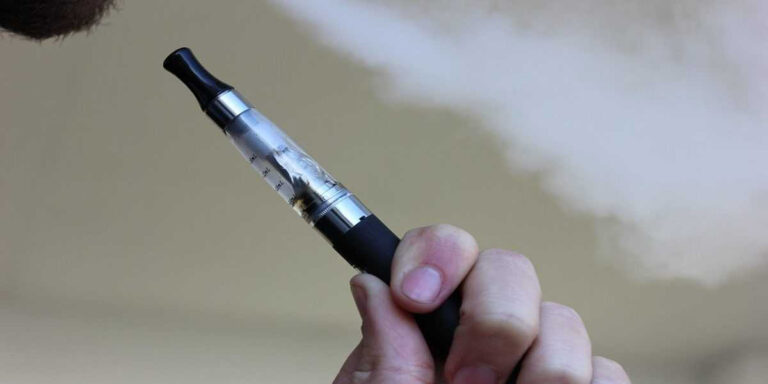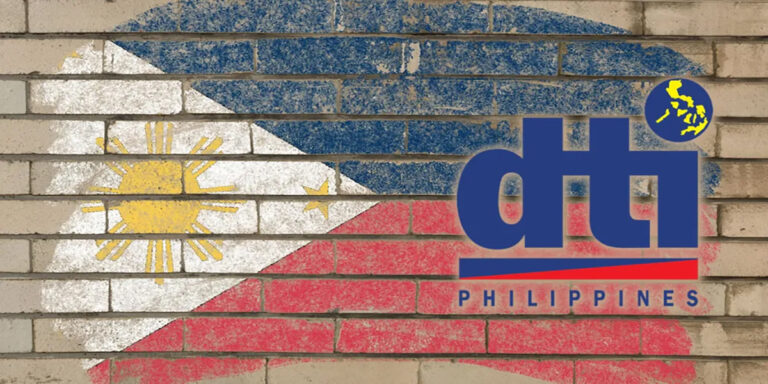On August 8, 2024, the Korea Electronic Cigarette Association voiced its strong support for the proposed amendments to the Tobacco Business Act. The association believes these changes are vital for closing regulatory gaps in the current law, particularly regarding youth access to e-cigarettes and the environmental impact of tobacco products. Additionally, the amendments aim to create a fair taxation system across all types of tobacco products, promoting equity in the industry.
Key Amendments to the Tobacco Business Act
Expanding the Definition of Tobacco
The proposed amendments aim to broaden the definition of tobacco in the Tobacco Business Act from the limited “tobacco leaves” to a more comprehensive “tobacco, nicotine, and similar substances.” This broader scope is designed to cover a wider range of products, including synthetic nicotine and non-nicotine liquid products, which are currently not regulated under the existing law.
Closing Regulatory Loopholes
Due to the current law’s narrow definition, manufacturers of liquid e-cigarettes have exploited loopholes to avoid tobacco taxes by using synthetic nicotine. As a result, synthetic nicotine imports surged, with 92.2% of the liquid used in e-cigarettes in South Korea being synthetic by 2022. The association supports the amendment, as it would close these gaps, making it more challenging for youth to access e-cigarettes and ensuring equal regulation of all nicotine products.
Global Regulatory Practices
The association urged South Korea to consider adopting regulatory practices similar to those in the United States and Sweden, where synthetic nicotine products are regulated as tobacco. They also highlighted New Zealand’s successful introduction of liquid e-cigarettes as part of its anti-smoking policies, which have significantly lowered smoking rates. These international examples strengthen the case for the swift passage of these amendments in South Korea.
Advocating for Fair Taxation
Current Tobacco Product Taxation
The association has pointed out inconsistencies in the current tax system, which imposes different tax rates on traditional tobacco, heated tobacco products, and liquid e-cigarettes. Presently, the tax burdens in South Korea are:
- Traditional Tobacco (per 20 cigarettes): 2,885 KRW (approximately $2.10 USD)
- Heated Tobacco (per 20 units): 2,571 KRW (approximately $1.87 USD)
- Liquid E-Cigarettes (per 4 ml): 7,196 KRW (approximately $5.25 USD)
These disparities have prompted calls for a more consistent and fair tax system that reflects the harmfulness of each product type.
Proposing Differential Taxation
The association advocates for a differential taxation system that considers the relative harm of each tobacco product. They argue that adjusting tax rates based on the type of tobacco, including traditional tobacco, heated tobacco products, and liquid e-cigarettes, would eliminate regulatory blind spots and ensure a fairer distribution of tax burdens.
Impact and Implications
Strengthening Public Health Protections
By broadening the definition of tobacco and closing regulatory loopholes, these amendments would enhance public health protections. Applying the same regulations and taxation across all nicotine products would make it more difficult for youth to access e-cigarettes and reduce the overall consumption of harmful substances.
Market and Economic Effects
The proposed changes could lead to a more balanced market, where all nicotine products compete under the same regulations. A shift towards a fairer taxation system could also spur the development of less harmful alternatives to traditional tobacco products, further supporting public health initiatives.
The Korea Electronic Cigarette Association’s support for the proposed amendments to the Tobacco Business Act underscores a broader commitment to public health and fair regulation. By broadening the definition of tobacco, closing regulatory loopholes, and advocating for fairer taxation, South Korea can better protect its citizens from the harms of nicotine products and foster a more equitable market environment.
FAQs
What are the key amendments to the Tobacco Business Act?
The key amendments include expanding the definition of tobacco to encompass “tobacco, nicotine, and similar substances,” addressing regulatory gaps, and establishing a fairer taxation system for all nicotine products.
Why does the Korea Electronic Cigarette Association support these amendments?
The association supports the amendments as they close regulatory loopholes, prevent youth access to e-cigarettes, and advocate for a fairer taxation system based on the harmfulness of tobacco products.
How does South Korea’s current tobacco product tax system work?
The current tax system imposes different rates on traditional tobacco, heated tobacco products, and liquid e-cigarettes, leading to inconsistencies and calls for a more equitable approach.
What global practices did the association reference to support these amendments?
The association cited the United States, Sweden, and New Zealand as examples where synthetic nicotine is regulated as tobacco and where liquid e-cigarettes have been introduced successfully as part of anti-smoking policies.
What impact would the proposed amendments have on public health?
The amendments would strengthen public health protections by ensuring all nicotine products are regulated and taxed equally, reducing youth access to e-cigarettes, and encouraging the use of less harmful alternatives.
How would the amendments affect South Korea’s nicotine product market?
The amendments would create a more balanced and fair market environment, where all nicotine products are subject to the same regulations and taxation, promoting competition and innovation in less harmful alternatives.


















